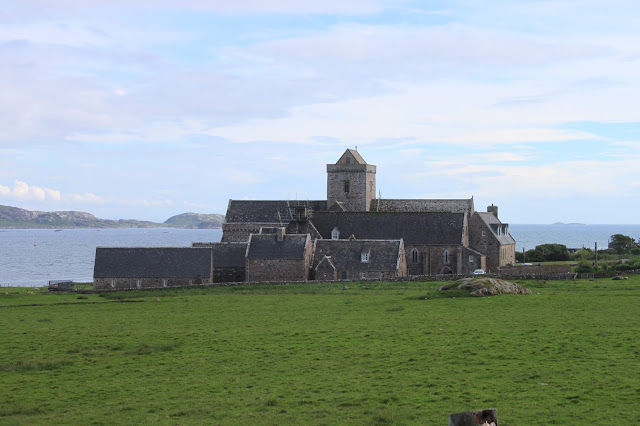Praying the Offices—The Divine Hours

David said: I will praise you seven times a day because all your regulations are just. (Psalms 119:164 NLT). If you take a 24 hour day and divide it by seven, David was thinking about praising God every 3 1/2 hours. Some of the early monasteries took this literally. Every 3 1/2 hours they would proceed to the chapel and recite the next portion of the book of Psalms—their prayer book. In one week’s time they would have recited the entire book of Psalms. For seven days they would recite seven times a day about three Psalms. Peter and John were going up to the temple at the hour of prayer. This was the time of the evening sacrifice, which was 3 p.m. Remembering that a day for a Jewish person would begin at 6 p.m. through to 6 p.m. the next day. The morning sacrifice was at 9 a.m. (the third hour). The afternoon sacrifice was at 3 p.m. (the ninth hour) which, coincidentally was the time Jesus died! Acts 10:30-32 (NKJV)...



